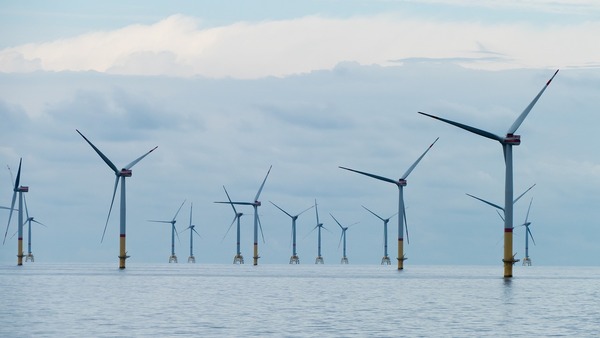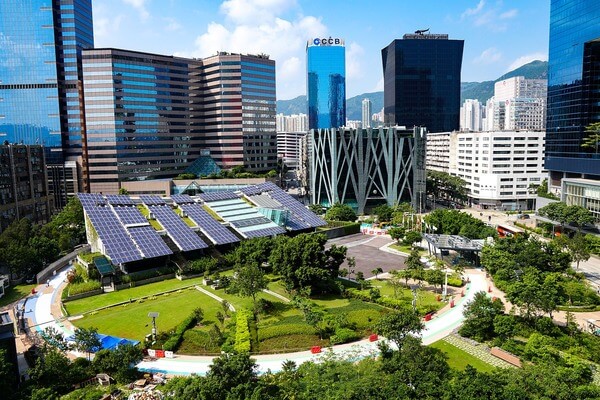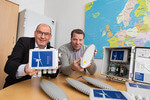News Release from windfair.net
Wind Industry Profile of
Renewables are backbone of future energy supply
The US currently has one of the fastest growing offshore wind pipelines in the world. It includes projects under 32 leases with a total expected capacity of 51,377 MW - enough power to supply the equivalent of more than 20 million U.S. homes, according to a new report by the American Clean Power Association (ACP). In addition, the projects' development, construction and operation are expected to create up to 83,000 American jobs by 2030.
At the moment, however, there's not much sign of that happening, as completed projects exist so far with a measly total capacity of only 42 MW. But the growing number of projects under development signals significant progress in a sector that will play a critical role in creating a clean energy powered energy system, as John Hensley, VP of Research & Analytics at ACP, also points out, "American offshore wind power is vital to accelerating the deployment of clean energy and the industry is stepping up to the plate to invest. The rapid growth in the U.S. offshore wind pipeline reflects strong federal and state government commitment to clean energy expansion and the industry’s response to those goals. These projects have the potential to create tens of thousands of jobs, reduce our nation’s dependence on foreign energy, provide coastal cities with reliable clean power, and help the U.S. meet its emissions reduction goals."

The U.S. still has a long way to go to realize its offshore potential (Image: Pixabay)
This is necessary, because the world needs gigantic amounts of energy for the future. Thus the U.S. National Renewable Energy Laboratory (NREL) emphasizes that an "unprecedented increase in production capacity" is also needed in the solar power sector over the next two decades in order to provide enough clean electricity to fully decarbonize the global power system. However, this goal can be achieved, according to the researchers' analysis.
The target is 63.4 terawatts of installed rated capacity in solar PV needed in the decade between 2050 and 2060. That's an increase of 60 times the current global installed PV capacity. To meet the decarbonization target, manufacturers will need to increase their production capacity to 2.9 to 3.7 terawatts per year within 10 to 15 years, at a cost of $600 to $660 billion. The analysis shows that these goals are entirely achievable with existing technology and expected further cost reductions in mature technologies that use silicon and cadmium telluride.
"There are economically viable trajectories that get to the needed manufacturing capacity to produce the amount of PV needed to completely decarbonize the world’s energy economy,” says Jao van de Lagemaat, director of the Chemistry and Nanoscience Center at the U.S. Department of Energy’s NREL. "Emerging technologies could potentially lower the cost of this deployment significantly if they get commercialized in time."

Large investments are needed to be able to produce enough solar systems (Image: Pixabay).
So it's all a question of time - and political and financial support. The solar industry is getting help from other renewable energies like offshore wind power. The problem: Project costs are currently rising again here, due to interruptions in the supply chain, price increases for raw materials and inflation, with steel prices as a particular issue. Added to this are lengthy permitting and regulatory periods.
That makes it all the more important to address the issues early, ACP's Hensley emphasizes, "While the U.S. offshore wind industry is making tremendous strides, it’s essential to address these challenges to ensure the long-term economic viability of these projects. A strong, collaborative approach between industry stakeholders and government bodies will help us tackle obstacles – like clarifying permitting processes – and realize the full potential of offshore wind as a key component of our clean energy future."
- Author:
- Katrin Radtke
- Email:
- press@windfair.net
- Keywords:
- USA, ACP, NREL, wind, offshore, solar, capacity, potential, huge, regulations, government, possible, investment, expansion, renewable energy


























